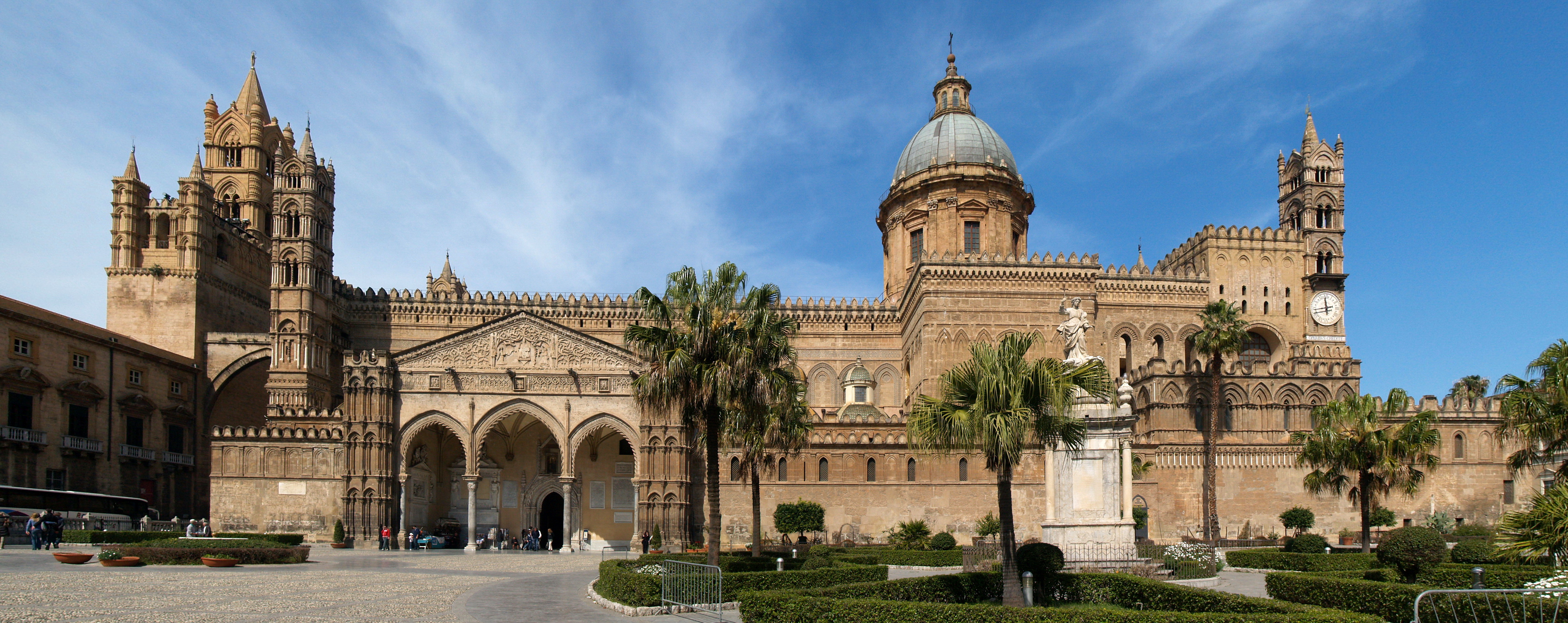The seminar in Palermo runs from April 16 to April 19.
Delegates were sent from the cities of Brisbane and Melbourne to represent our large Italo-Australian community.
These delegates were selected by the representative body Comites in the various regions, under the criteria of being an Italian migrant aged between 18 and 35 who provided a strong response to the question: “What makes you passionate about being Italian?”
This year, CGIE was unable to provide funding for the young migrants to make the journey, so it is with fortune and gratitude that both Comites in Brisbane and Melbourne were successful in choosing delegates who were able to fund their own trip.
Accomodation and board have been financed by local entities, and the commission funded by the CGIE.
Local institutions, Mayor of Palermo Leoluca Orlando and President of the Region of Sicily Nello Musumeci all endorsed and supported this initiative, which will see the delegates work intensely for four days to then return to their communities and implement what they have learnt at the the first global youth network.
Representing Brisbane in Sicily is Giuseppe Cassin, a 26-year-old filmmaker and lawyer who has worked as a director, producer and composer across various projects within the international film and television industry.
He has a degree in International Relations and a Bachelor of Laws, and has worked as a director on the documentary One World, about the legacy of democracy on society, and also produced The Patriot, which screened at Cannes Film Festival.
Cassin was born in Brasil to Italian migrants, and arrived in Australia when he was 11 years old.
Meanwhile, Chiara De Lazzari, Nicholas Musto and Fabrizio Venturini were selected by Comites in Melbourne to attend the event.
“We cannot wait to meet many friends and discuss themes which are so important to us,” the representatives from Melbourne said, before jetting off.
General Secretary of CGIE Michele Schiavone said that “the event coincides with the 10-year anniversary of the Global Youth Conference, another initiative launched by the CGIE, which brought 400 delegates from all over the world to Rome in December 2008”.
The program consists of two days of innovative participatory techniques, to identify goals and projects; one day of training with experts to delve deeper into various themes (networks of Italian researchers abroad, work and mobility, cultural heritage, new experiences and opportunities for expat families, soft power and representation for Italians abroad); and finally, one morning dedicated to engaging with institutions and setting goals in terms of work and commitment for the year to come.
The following workshop is an example from the program, and took place on Tuesday, April 16, with participants from countries such as Guatemala, Norway and Australia:
A playful map of what it means to be Italian, outside Italy
The room becomes a large planisphere. The participants arrange themselves on the planisphere and in this way it is immediately clear who comes from where. Working groups are then organized which describe the profile of the Italian community in that country, while distinguishing between second generations and new immigrants. The groups produce a brief presentation with a manifesto on their ideas about the profile of their Italian community. Groups have an hour to prepare the performance and another hour at most for presentations. The program concludes with a reflection on what emerges from the work done together and on the (possible) differences between second generations and new Italian migrants abroad.
Maria Chiara Prodi, president of the New Migrations and New Generations committee, which has been working on the project for the past three years, explained the significance of this landmark event.
“The idea is for the young delegates to become a resource on all levels,” Prodi said.
Due to time differences and a packed and exciting program, it has been difficult for La Fiamma to interview the workshop participants directly, but we look forward to speaking with them upon their return.












